Life On Land

SDG 15 - Protecting Israel’s Natural Everything
It all started with draining the swamps in the Hulah Valley. Back in the 50s the Hulah swamps were the main cause for malaria in the region. Draining them meant halting the disease and reclaiming the land for agriculture. But it also meant losing the valley’s indigenous flora and fauna. A small group of conservationists fought to preserve a small area of the swamps, and thus the Hulah Valley Nature Reserve was born. Fast forward to today, where numerous laws have been passed for the protection of nature and wildlife. The creation of the Nature Reserves Authority has led to the preservation and development of well more than a hundred more nature reserves to help secure the biodiversity of the natural environment. These reserves – or “islets” – represent the spectrum of Israel’s landscapes, including Mediterranean forests, seaside’s, sand dunes, deserts and craters, and oases.
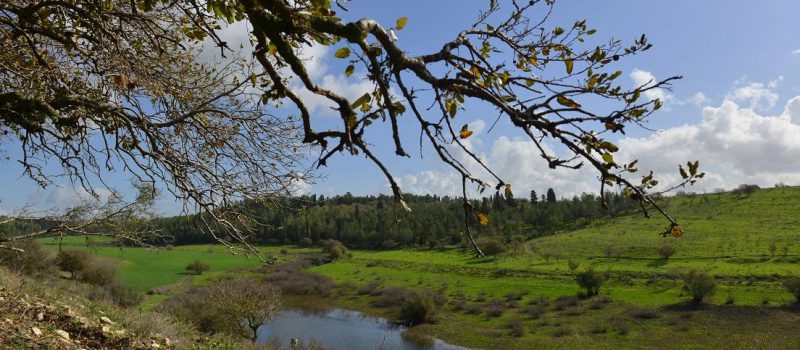

Additionally, the Nature Reserves Authority, in cooperation with the Jewish National Fund (JNF), has initiated a project to help protect biodiversity, which will select areas slated for conservation. The selected areas will meet three criteria: the presence of endangered species and ecosystems in the area, the biodiversity potential of the area, and the ability of the area to function well in the future based on size and connection to other areas with corridors so that plants and animals can thrive. The plan will make a major contribution to the conservation of Israel’s diverse ecological systems.
As for wildlife, animals such as the leopard, gazelle, ibex and vulture have been declared protected species. Rescue operations, including the establishment of feeding stations and nesting sites have been initiated to protect endangered species.
Efforts to preserve, collect and evaluate Israel’s rich plant species are also well underway. Israel’s natural plants include a wide variety of wild wheat, barley, oat, legumes and many wild fruits. The Israeli Gene Bank for Agricultural Crops brings together scientists from government, academia and Israel’s seed industry to protect Israel’s native plant varieties.
But Israel is perhaps best known for the protection of its forests. When the country was first established in 1948, there were fewer than 5 million trees in the country. Today, thanks to the JNF – which became a partner of the Israel Land Authority in 2015 – there are over 200 million trees as a result of their aggressive deforestation program. Once their efforts were focused primarily on pine trees, but today a wide variety of trees can be found in Israel’s forests: oaks, carobs, terebinths, cypresses, eucalyptus, olive, almond and many more.
The JNF is not shying away from new technologies, either, to protect Israel’s trees. The organization is working on innovations to fight invasive species and make drought-resistant trees.
When an invasive wasp became a serious tree threat between 2006 and 2009 a JNF team travelled to Australia to find the wasp’s natural predator. Three years of research later the organization now distributes the predator (another type of wasp) free of charge to any forest-keepers who need it.
After two years of drought that wiped out 99 percent of the trees in the Yatir Forest, located in the Northern Negev, samples were taken from a few surviving trees, which led to the development of drought-resistant Cyprus trees.
Israel has rightfully earned its kudos for “conquering the desert”. But now that is has done so, it is time to think about conserving the open spaces that are left.
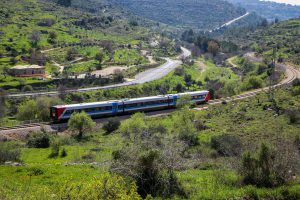

SDG 15 -Environmental Protection Continuity
Life On Land Governments come and go; unfortunately, all too often vital issues fall by the wayside in the power transfer. A week into Israel’s
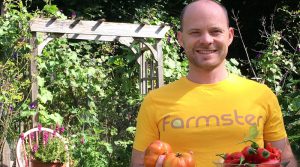

SDG 15- Farmster – connecting farmers directly to consumers
Life On Land Farmster is an innovative and forward-thinking application which is reimagining some of the fundamental problems that the agricultural sector faces. With CEO Adam
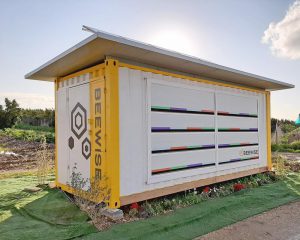

SDG 15- Beewise – Redesigning Sustainable Beehives, for the 21st Century
Life On Land Introducing Beewise In recognising the fundamental role bees play in ensuring our current and future wellbeing, the Israeli-based company, Beewise, has created
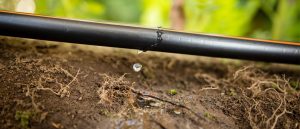

SDG 15-Netafim – Innovative Irrigation
Life On Land The story of Simcha Blass is one soaked with national pride, global responsibility and sustainable development. After ten years of settling in
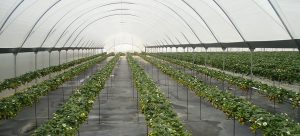

SDG15-A List of Israeli Start-ups that Meet the Challenges of “Life on Land” Goal
Life On Land Look at these Israeli start-ups which take us a step further to achieving Life On Land Goal Evogene Evogene is a biotechnology
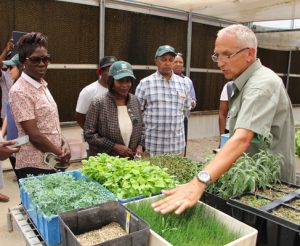

SDG15- Israel Brings Tree Technology to Kenya
Life On Land SDG 15- Israel Brings Tree Technology to Kenya The KKL-JNF (Keren Keyemeth LeIsrael – Jewish National Fund) has historically been the official


















